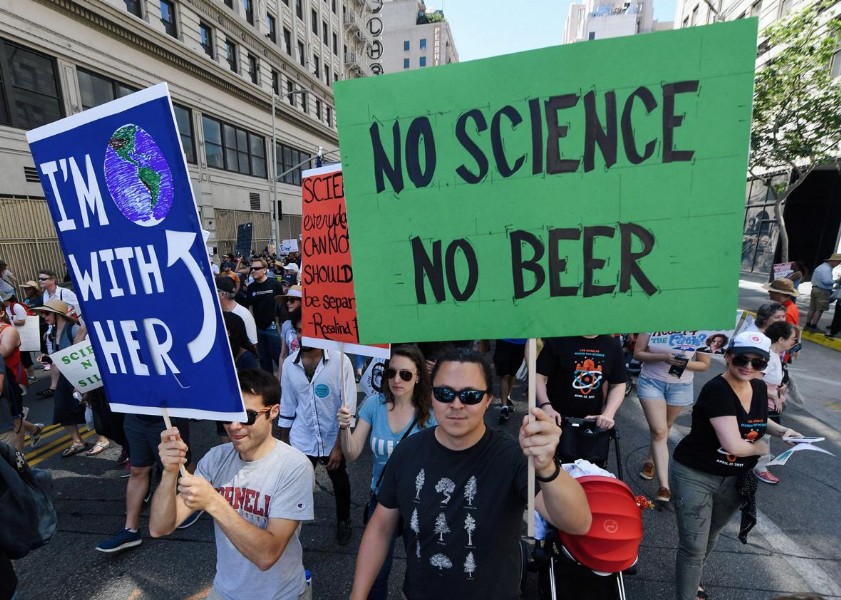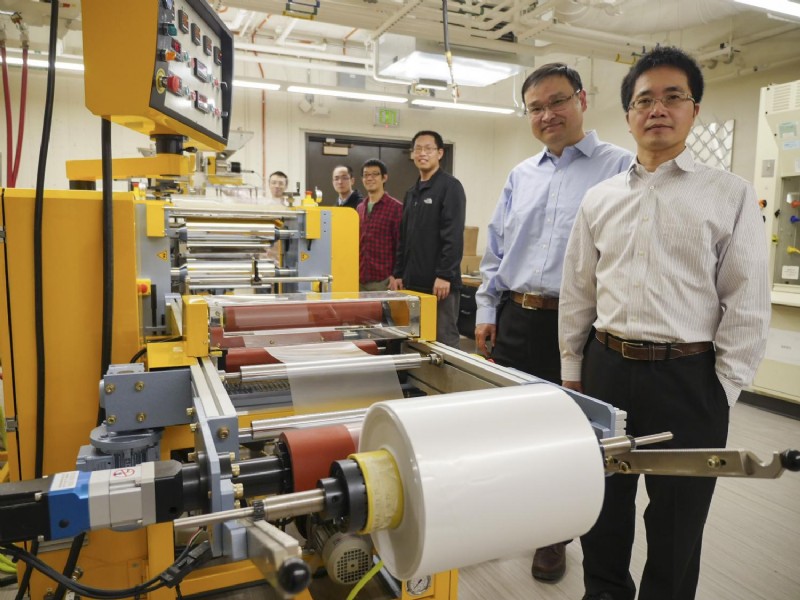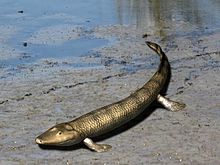/Blog/Carls-Blog/Perspectives/The-Difference-Between-Should-and-Want/?link=1&fldKeywords=&fldAuthor=&fldTopic=0

The mere mention of the words "should" and "want" can evoke a visceral reaction. Here's the relevant dictionary definition of SHOULD: "used to indicate obligation, duty or correctness, typically when criticizing someone's actions."
We all have things we should do, and we probably have vivid memories of our
parents telling us what many of them are:
You SHOULD get good grades in school
You SHOULD eat everything on your plate
You SHOULD treat your siblings kindly
You SHOULD (… you fill in the blank).
As an adult, there are lots of other things you KNOW you SHOULD do. For example:
You SHOULD exercise regularly
You SHOULD make your bed every day
You SHOULD put aside 10% of your paycheck for your retirement.
And I'll bet there's a little conversation going on inside your head for each of these "SHOULDS". One part of you is saying:
Yes, you're absolutely right, I ought to do these things, and I'll try …
The other part of you is saying, "YA, YA, YA, BLAH, BLAH, BLAH … pass me another slice of pizza".
When it comes to WANT, the story is completely different. Here, the dictionary definition is more soothing and pleasing: "have a desire to possess or do (something); wish for."
For most of you, such talk about the difference between these two terms is almost a flash of the blindingly obvious! So why bring it up? I mention it because I think it's relevant to one of the big problems we face today: our tendency to ignore, even dismiss, the ideas of those with whom we disagree.
There's been a lot of discourse about this problem – speeches, commentary, and even books written about it. In general, they pretty much all come to the following conclusions:
- We are increasingly divided in our views on a whole range of issues
- Rather than try to engage in a dialogue with those of differing opinions, we surround ourselves only with those with whom we agree
- We live in "filter bubbles".
That's a brief diagnosis of the problem. The widely shared prescription is that we should listen to what the other side has to say, then try to find some common ground.
While that's the common prescription of what we SHOULD do, it isn't done very often. I believe at least part of the reason for this is because the prescription falls within the realm of all the other SHOULD's I mentioned above. Yes, these are things we SHOULD do, but so much of the time, we just don't do them.
It's a real problem, with no obvious solution. This is because we all know what the "solution" is, it's just that we really don't want to undertake it.
I'd like to offer a different solution. The solution can be summarized very simply and neatly: "turn a SHOULD into a WANT." Let me explain.
As discussed above, we all know what we SHOULD do, but oftentimes it's just tough to do, or too unpleasant to do, and it just doesn't get done. We also know what we WANT to do, and our motivation to address a WANT is normally much stronger than the motivation to deal with a SHOULD. Not always, but certainly true enough of the time. So to help us deal with the problem of considering what "the other side" has to say, my solution is to "turn the SHOULD into a WANT." This will involve addressing and answering a couple of questions:
Question #1: what would have to happen for me to WANT to listen to, and possibly adopt, some or all of the ideas of my adversary?
Your initial reaction probably is, NOTHING could possibly make me want to embrace any of the ideas of my opponents! That's because they're IDIOTS! Maybe, but even if they are idiots, I believe you'd still want to embrace some or all of their IDIOTIC ideas if the following were true: you could personally benefit from one or more of those IDIOTIC ideas!
Now if you knew you could personally benefit, might you at least give a little consideration to the IDIOTIC idea? I know I would, and I bet you would, too. Of course, you're never going to know the answer to this until you at least engage in a simple exercise. That leads to another question:
Question #2: how could I turn one or more of these IDIOTIC ideas to my benefit?
This may take a little bit of work, but see how the situation has changed? You've moved from dismissing the other side's ideas outright to trying to search for ways you might benefit from those ideas. Now, please understand, there is no assurance you'll find a benefit from any of those ideas. THE ONLY WAY YOU'RE ASSURED NOT TO BENEFIT FROM THE OTHER SIDE'S IDEAS IS IF YOU DISMISS THEM OUT OF HAND.
Please understand, this is not any sort of "touchy feely" exercise. At bottom, a cynic would say that it's an exercise in pure self interest. But at the end of the day, exercising our self interest is what gets each of us moving, when we do something not because somebody else told us we SHOULD do it, but because we decided we'll do it because we WANT to do it!
Two examples, one from the realm of religion, the other from the secular world of politics.
The first example has to do with what Christians think about Darwin's theory of evolution by natural selection and the Big Bang Theory, the subject of my book, The Unexpected Perspective. Overall, about half of Christians believe that these scientific ideas fit quite nicely with the Bible, and the other half reject the idea. That divide has existed for the past 150+ years, and little has changed. For that entire time, those who exhorted conservative Christians to embrace modern science have been using "SHOULD" type arguments, with predictable results. Conservative Christians have rejected the arguments. I believe a key reason they've rejected the arguments is because no one has provided them any really satisfying reasons they should WANT to embrace the science. Predictably, they don't.
My proposal is to reframe the problem, getting conservative Christians to look for reasons they would WANT to embrace the science. The book comes up with five such reasons. This completely changes the situation! Where before, conservative Christians had, in their own minds, absolutely no reason to WANT to embrace the science, they now will WANT to embrace it wholeheartedly. In fact, I go so far as to say that Christians ought to love Charles Darwin and the Big Bang Theory even more than does the eminent atheist scientist Richard Dawkins!
Now let's consider a secular example of the same. The issue I have in mind is global warming and climate change. A certain fairly sizeable segment of the population either doesn't believe there is a problem, or believes the problem has been overstated. Once again, the skeptics are being told they SHOULD consider this a serious, even dire, problem that must be addressed immediately.
The outcome is predictable: the SHOULD arguments have failed to persuade a fairly high percentage of people. Thus, I suggest reframing the problem. I'll start with those on the right. I would reframe the problem by asking the following questions:
Question #1: is there a reason why I, the climate skeptic, might WANT to believe that global warming and climate change are both real, and a problem? The answer I come up with is this: whether or not I believe in the science of greenhouse gases, I'd be interested in this if I thought it could be financially lucrative to me. Suddenly, we've moved from a SHOULD to a WANT: one can be the greatest possible climate change skeptic, but be highly motivated to act if he/she thought it could be profitable.
The good news is that there's more and more evidence that people can make lots of money trying to reduce greenhouse gas emissions. The alternative energy sector is growing by leaps and bounds! The funny thing is there is evidence that much of the money is being made by people who profess skepticism about a link between greenhouse gas emissions and climate change.
This type of thinking/re-thinking applies to BOTH SIDES. Likewise, those on the left ought to ponder the same question #1: is there a reason why I, the person who is very fearful of global catastrophe due to climate change, might WANT to believe that the problem isn't as severe as I've been thinking, or I've mis-characterized the problem in some other way? The answer I come up with is, YES. I say this not because of any skepticism about the science. I'll assume that the science is correct (and for the record, I absolutely do believe the science is correct). What might be in question, however, relates to how to solve the problem. Why might someone on the left WANT to embrace a more conservative view of climate change? Well, the profit motive applies equally to those on the left and right. As some people like to say, "I don't care whether the clothes you wear are blue or red, I really only care that what's in your pocket is the right color green."
But that isn't the only reason someone on the progressive/left side of the issue might WANT to embrace some alternative ideas about climate science. Another reason is simply because government-imposed solutions often either don't work, work far too slowly, or they work but have lots of unintended consequences. Most every governmental program has those, and they can be VERY EXPENSIVE and VERY UNDESIRABLE unintended consequences.
For both sides, please remember, there is no assurance that exploring reasons why you might want to embrace some of the other side's thinking is going to produce the desired result, BUT FAILURE TO DO IT WILL MOST CERTAINLY ASSURE A SUB-OPTIMAL OUTCOME.
While one example is in the realm of religion and faith, and the other in the world of public policy, they share the following elements:
- Intransigent views on either end of the spectrum, with lots of screaming but very little dialogue;
- Prescriptions to the other side given in the form of "YOU SHOULD", with little realistic motivation provided;
- The potential for movement when the issue is reframed from SHOULD to WANT.
Those who study and/or practice negotiation will recognize what's really happening here. One of the most basic principles in negotiation is: focus on your interests, not your position. Too much of the time, today, each side gets stuck in its "position". Instead, a good negotiator needs to understand what his or her "interests" are. By taking the approach described herein, I believe one is really taking into consideration his or her real interests, not just the current position.
I've given two examples here, but I very much believe this approach can be very useful for just about any issue.
In summary, here's the takeaway for both those on the left and right of most any issue:
- Stop preaching to the other side, what they SHOULD and SHOULD NOT do/believe/feel;
- Start assuming that there likely is at least some merit in what the other side thinks, it's really just a matter of figuring out what it is;
- Start asking, what is there in the thinking of the other side that could be beneficial for me, and others like me, that I just haven't realized/perceived/understood?
- Start actively looking for ways to benefit from some of those ideas.
In other words, STOP thinking in the realm of SHOULD and START thinking in the realm of WANT TO.
If you found this worthwhile, consider subscribing to my blog.



 Many books provide useful information that helps the reader better understand a political issue, and some books provide a way to re-frame hotly contested, passion-stirring issues. A new book called
Many books provide useful information that helps the reader better understand a political issue, and some books provide a way to re-frame hotly contested, passion-stirring issues. A new book called 

